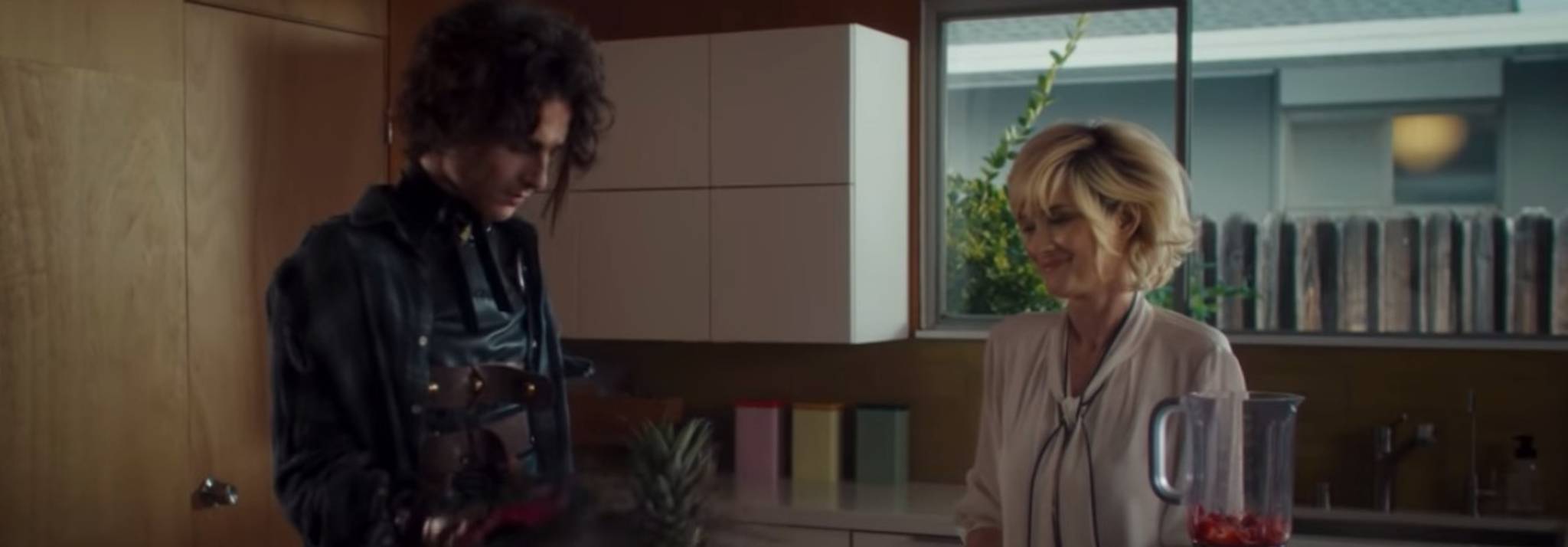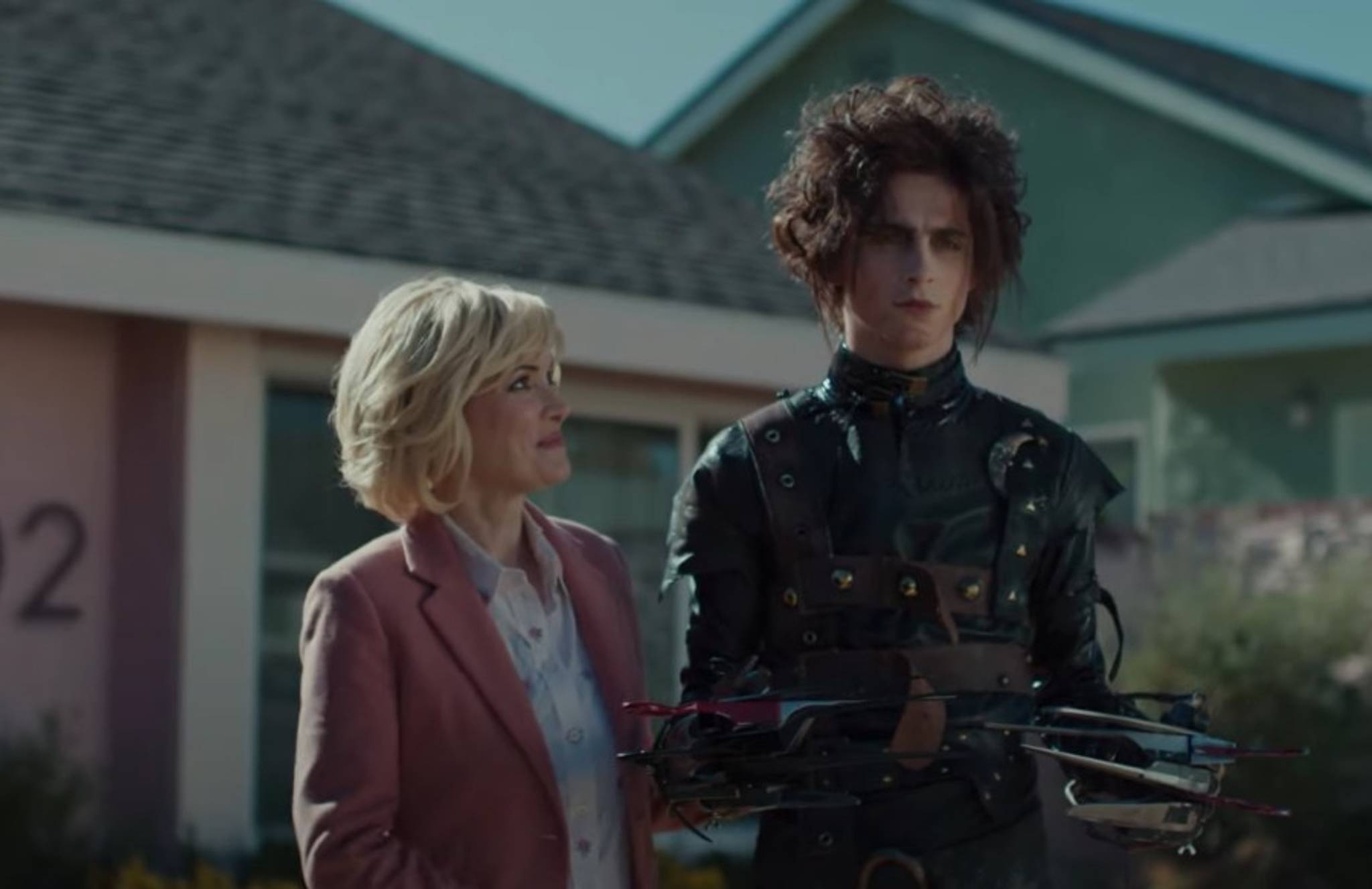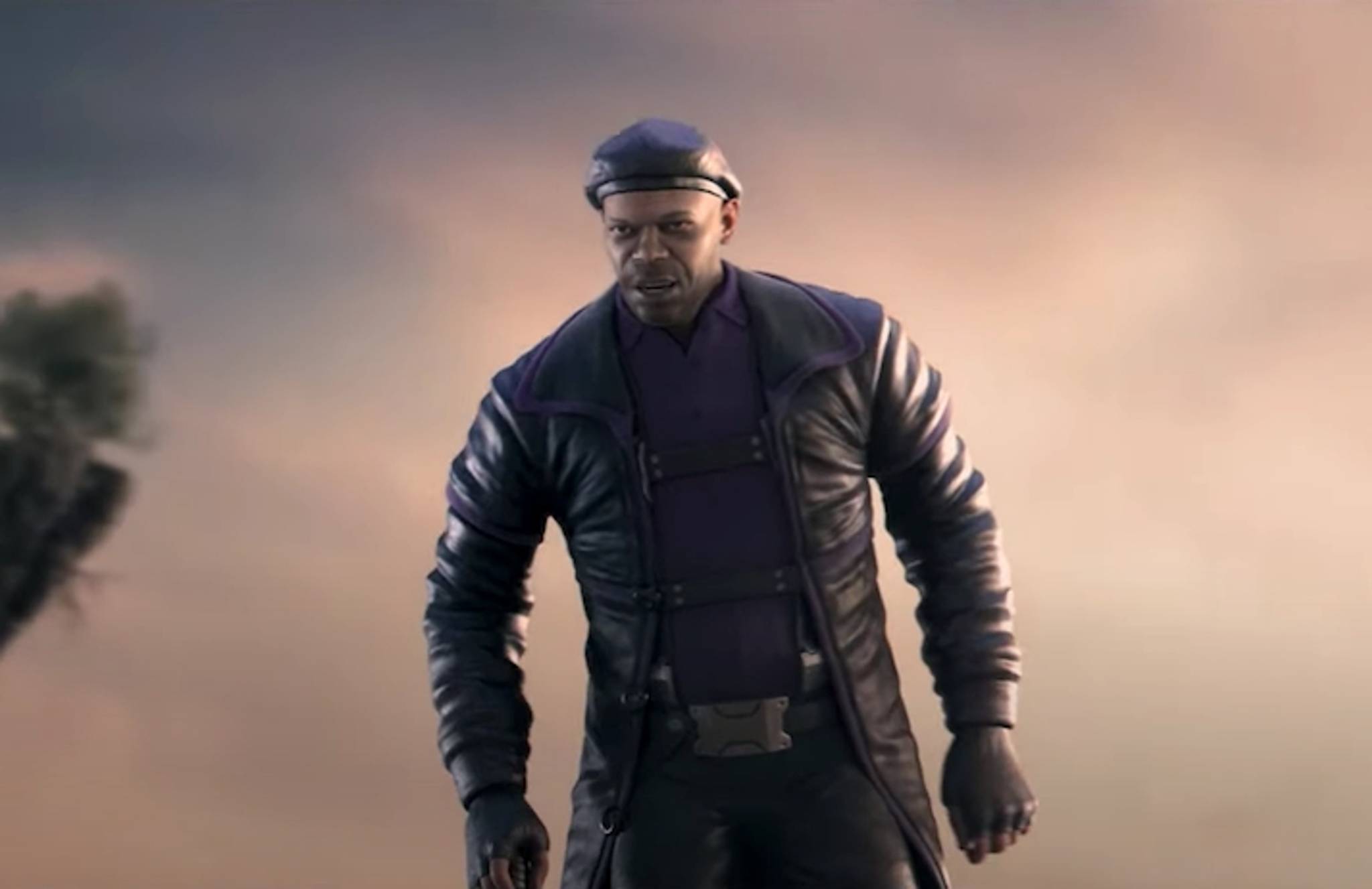
Why does inclusivity resonate with audiences? Why are ads’ messaging going beyond entertainment? And why are low-budget spots getting the most buzz? Canvas8 unpicks the behavioral themes present in eight notable campaigns from the 2021 Super Bowl.
Every year, the Super Bowl showcases big-budget ads to millions of viewers, often getting more coverage than the game itself.
This year, of course, looked a little different. The COVID-19 pandemic meant that attendance at the actual event was considerably lower than years prior, but to give the event that ‘jam-packed’ stadium feel, organizers filled empty seats with 30,000 cardboard cutouts. If that wasn’t strange enough, the CDC advised people at the event and other large watch parties not to chant or cheer, striking a tone that felt all-too-fitting for the past year. And when it comes to the eagerly anticipated commercials, some of the Super Bowl’s biggest names — like Budweiser and Coca-Cola — opted not to participate in the event at all.
And yet, CBS sold all of its commercial slots, with brands paying $5.5 million for a 30-second spot, on average. What’s more, despite viewership numbers being the lowest since 2007, 96.4 million people still tuned in to Super Bowl LV, presenting a tremendous opportunity for the brands that did partake. So what can we learn from some of America’s biggest campaigns?
At Canvas8, we always want to know why. Why does inclusivity resonate with audiences? Why are ads’ messaging going beyond entertainment? And why are low-budget spots getting the most buzz? Canvas8 unpicks the behavioral themes present in eight notable campaigns from the 2021 Super Bowl.
AB-Inbev: Instilling hope for the future
Amid the pandemic, a beer with friends has become a cherished memory. Looking to a future where gatherings are back on the cards, AB InBev’s Super Bowl spot shines a light on the importance of simply being together. With a renewed appreciation for connection, beer takes a backseat.
The ad features a compilation of life’s small social moments - late-night meetings with coworkers, date nights on the sofa, get-togethers at the airport waiting for a delayed flight. While these interactions feel somewhat alien amid an era of social distancing and masks, the spot aims to inject a sense of hope for the future by reminding viewers that “it’s never just about the beer, it’s about saying that simple human truth - we need each other."
Indeed, experts note that ‘social connectedness’ is the number #1 type of wisdom helping people get through the pandemic, and in these new moments, AB InBev is acknowledging that the mere act of being together will take precedence, while alcohol takes a backseat.
Reddit: Blink and you’ll miss it
Reddit has been a prominent name in the headlines due to the Gamestop stock market surge, and it has added to its disruptive reputation with a super-short five-second Super Bowl ad. The spot taps into and reflects people’s ad apathy at 2021's slightly toned-down event. Starting out like a clichéd car commercial with two SUVs, the shot then fades into Reddit’s alien head logo, followed by a lengthy statement that led to viewers hurriedly attempting to screenshot or get a photo of it.
With Reddit already in the news as the community board that destabilized the stock market, it has maintained its disruptive attitude through this unconventional approach to Super Bowl advertising. With Robinhood – the investor app also at the center of the stock market issue – spending big on its ad, and generating widespread backlash, Reddit has once again emerged ahead of the curve, being the most-searched Super Bowl commercial on Google, and receiving over 270,000 upvotes.
Squarespace: Celebrating the side hustle
A technicolor celebration of people pursuing their dreams, Squarespace’s rousing Super Bowl ad shows how the brand helps people break out of their day jobs. But given the precarity of the job market and criticism of the gig economy, the ad toes a fine line between inspirational and insensitive.
The spot follows bored office employees in grey cubicles who then break free from their daily routines and act out their creative pursuits, set to a rendition of Dolly Parton’s ‘9 to 5’ — inverted to celebrate the ‘5 to 9’, or the hours outside of the normal work day.
The motivational piece offers encouragement to those seeking to turn their side hustle into their full-time occupation, resonating with some viewers on Twitter who praised the brand’s empowering message. With the precarious state of the employment market – unemployment figures in January 2021 remained higher than pre-pandemic levels – and the pressures on those in work, the ad has also been scrutinized for glamorizing the reality that many people’s 'side hustle' is taken up by a second, or third, job.
Toyota: Championing ability inclusivity
While many ads steered clear of the traumatic events of 2020 and instead opted for humorous relief, Toyota’s 'Upstream' spot instead aimed to promote a message of strength and hope amid this turbulent time. Focusing on the life of American Paralympic swimmer Jessica Long, the ad follows the call her mother received from a children’s home in Siberia explaining that Jessica would need her legs amputated and how her life would be difficult. The commentary overlays images from throughout Jessica’s young life, showing her going on to succeed at swimming, ultimately winning 13 Paralympic gold medals.
According to research from ad platform Unruly, the spot generated more emotional engagement than any other Super Bowl LV ad. It also underlines the importance of showing all levels of ability at a time when two-thirds of people with disabilities believe society tries to ‘sweep them under the rug’.
Jeep: Calling for a re-United States
Jeep’s 2021 Super Bowl ad stars Bruce Springsteen calling for unity and a ‘ReUnited States of America’. It comes at a time when advertising messaging has gone beyond entertainment and serves a purpose to reassure and rebuild confidence, especially after the impacts of 2020’s partisanship. ‘The Middle’ campaign sees Bruce Springsteen narrate a speech about the challenges America has faced with the loss of freedom, increased fear, and partisanship that’s caused political clashes.
Unfortunately, the ad was later pulled after Springsteen was charged with a DUI. But with that aside, advertising has come to serve several purposes as Americans navigate the pandemic and transition to the Biden administration. In this case, Jeep’s messaging aligns closely with Biden’s inaugural speech and outreach to Americans centering on the theme of unity. Indeed, in late 2020, 85% of American voters said citizens were greatly divided in their values, and just 15% said that democracy across the US was working well.
In 2021, advertising messaging could serve a greater purpose to support people through social, cultural, or political issues.
Verizon: Quelling gamers' 5G hesitations
Verizon’s Super Bowl ad 'Can’t Blame the Lag' aims to get people excited about the potential of 5G technology, showing gamers how it can solve their pain points and tapping into their ambitions. 'Can’t Blame the Lag', made by McCann, features an avatar Samuel L. Jackson preaching to a vast crowd of gaming avatars in a fantasy gaming landscape about the coming of Verizon 5G Ultra Wideband. Jackson tells the avatars that Verizon’s “ultra-low lag and console-level gaming on the go” will mean an end to gamers being able to blame the lag for poor performance.
According to a 2020 survey by Waveform, only a third of Americans understand how they would benefit from 5G very or extremely clearly, and two-thirds say they aren’t very excited about it. The Verizon ad aims to amp up interest and excitement by showing consumers a very tangible use-case. Lag remains one of gamers’ biggest pain points, with 44% pointing to 'the internet lagging' as the most frustrating aspect of online gaming and 27% also complaining about other players’ slow speed, and with uninterrupted gaming have been found to boost wellbeing, solving lag could be beneficial to players' mindsets as well as their scores.
Cadillac: Nodding to 90s nostalgia
In a mock continuation of Burton’s 1990 film Edward Scissorhands, Cadillac’s ad stars Timothée Chalamet as Edward's son, Edgar, with Winona Ryder reprising her role as Kim. Throughout the spot, Edgar struggles with his scissor-hands: his lack of human fingers and opposable thumbs prove an issue when playing football or texting, but he excels at making salads. The spot ends with Edgar receiving an all-electric Cadillac LYRIQ equipped with a Super Cruise driver-assistance system that he cant damage with his hands.
Cadillac’s commercial caters both to people watching for the stars and for a bit of lighthearted fun, harnessing 90s nostalgia to win over their future-facing customers. And, with 21% of Americans looking for a car considering an electric, it’s an appropriate time to leave behind the bold and brash advertising of gas-guzzling cars to promote a cleaner, greener future.
The ad also marks a departure from Cadillac’s typical star-spangled, all-American advertisements to embrace and promote a more modern part of American culture – something sure to be welcomed by Americans looking for a more nuanced and modern understanding of their culture.
Oatly: Milking mixed reactions
Oatly’s 'The Original Oatly!' Super Bowl LV commercial took a more low-budget approach to one of the year’s biggest advertising opportunities. It showed the company’s CEO performing a jingle about oat milk while sitting in a field of oats, declaring, “Wow! No cow!” repeatedly.
The commercial’s creatives expected the spot would be divisive; in fact, in anticipation of a heated reaction, Oatly created free branded t-shirts that proclaim, 'I Totally Hated That Oatly Commercial'. The ad also got itself banned in Sweden when it aired there in 2014 for allegedly disparaging cows and their milk.
But it certainly achieved the goal of being talked about, with many taking to social media to discuss the ad. There is also considerable media attention about the spot, with The Washington Post commenting, “Uncomfortably awkward Napoleon Dynamite vibes abound,” while the brand’s tongue-in-cheek t-shirt has sold out online.
The ad comes at a time when the weird is better than the mundane, and while there's certainly a risk for brands, there can also be big rewards.
Rachel Ousley is Associate Insight Director at Canvas8, which specialises in behavioural insights and consumer research. A San Francisco native, she worked in communications before getting her Masters in Social Cognition from UCL. Outside of work, she loves live music, learning about true crime, and drinking good wine.



